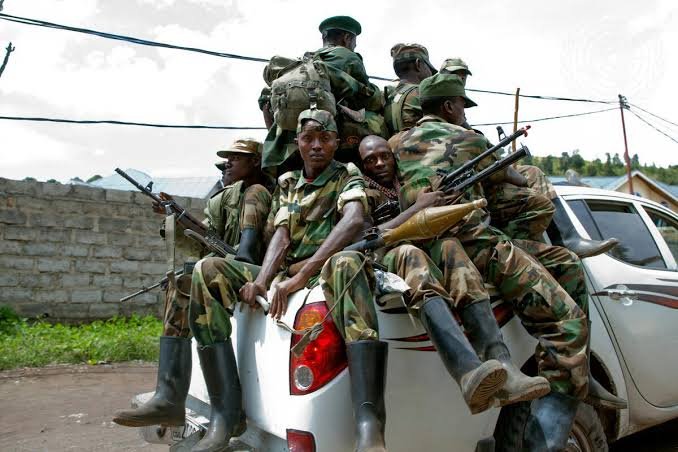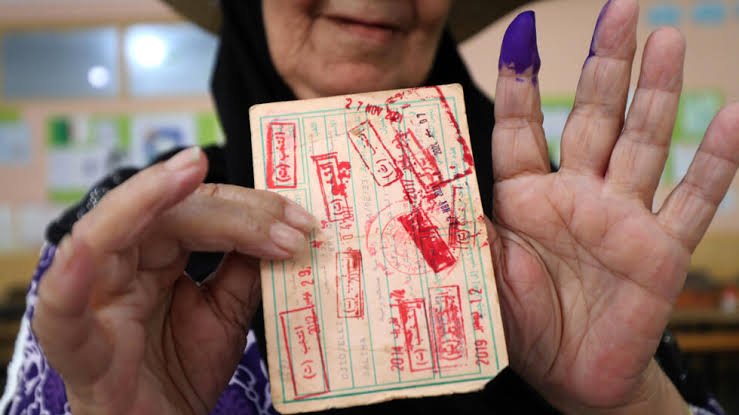The ongoing M23 rebellion in eastern Democratic Republic of Congo (DRC) has reignited debates over the treatment of ethnic Tutsis in the country. While the rebel group claims to be fighting against discrimination, many see its actions as driven by a desire for power and control over the region’s rich resources.
For decades, Congolese Tutsis and the Banyamulenge—a Tutsi sub-group—have faced persecution, from ethnic killings to workplace discrimination and political hate speech. Their historical ties to Rwanda, whose government has been Tutsi-led since 1994, have fueled mistrust, with many Congolese questioning their national identity.
Despite official recognition of their citizenship, Tutsis have endured massacres, exclusion, and accusations of being foreign infiltrators. Recent reports highlight continued violence against Tutsi soldiers and civilians, with rising anti-Tutsi rhetoric during M23 offensives.
While some Congolese Tutsis support M23’s fight for their rights, others fear the rebellion will worsen hostilities against their community. The Congolese government acknowledges the existence of discrimination but downplays its severity, maintaining that conflicts exist among many of the country’s 450 ethnic groups.
As tensions escalate, the fate of DR Congo’s Tutsis remains uncertain, caught between political conflicts, historical grievances, and the struggle for recognition in their own homeland.



